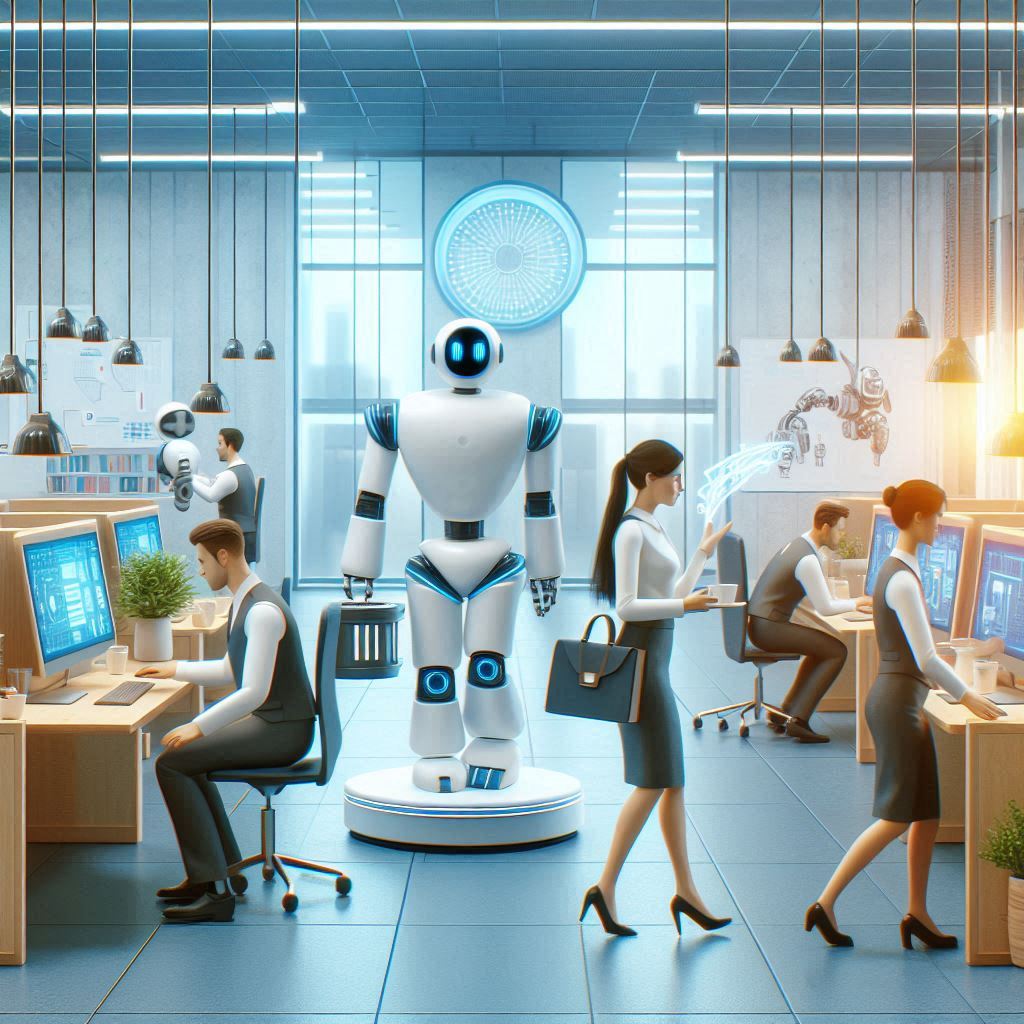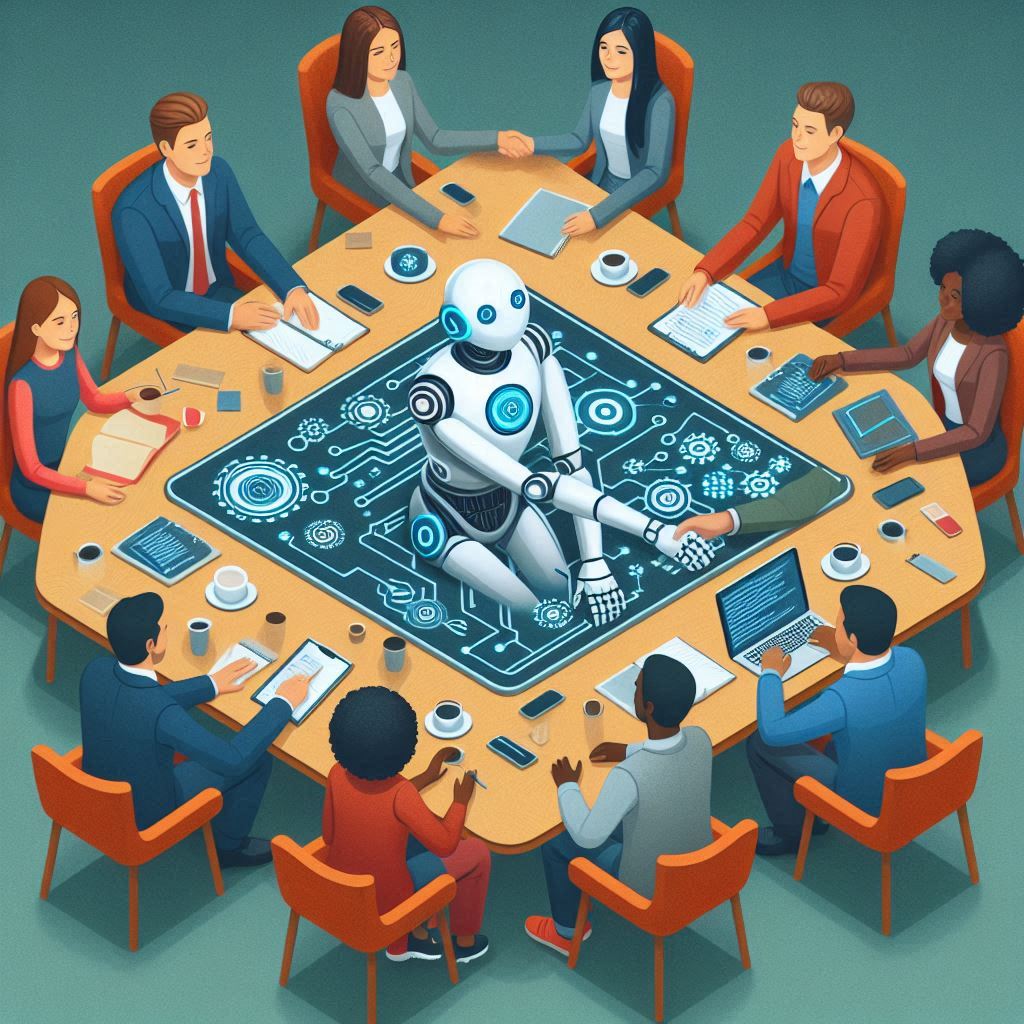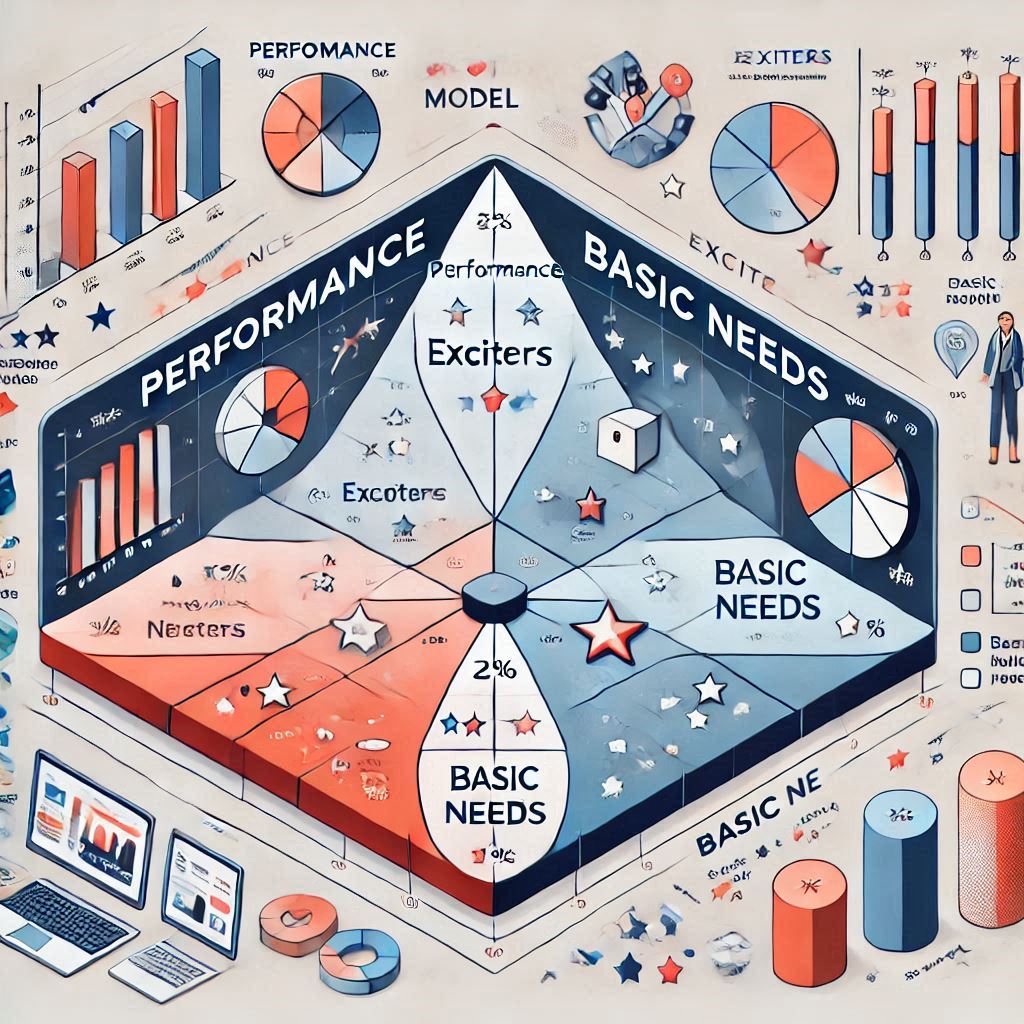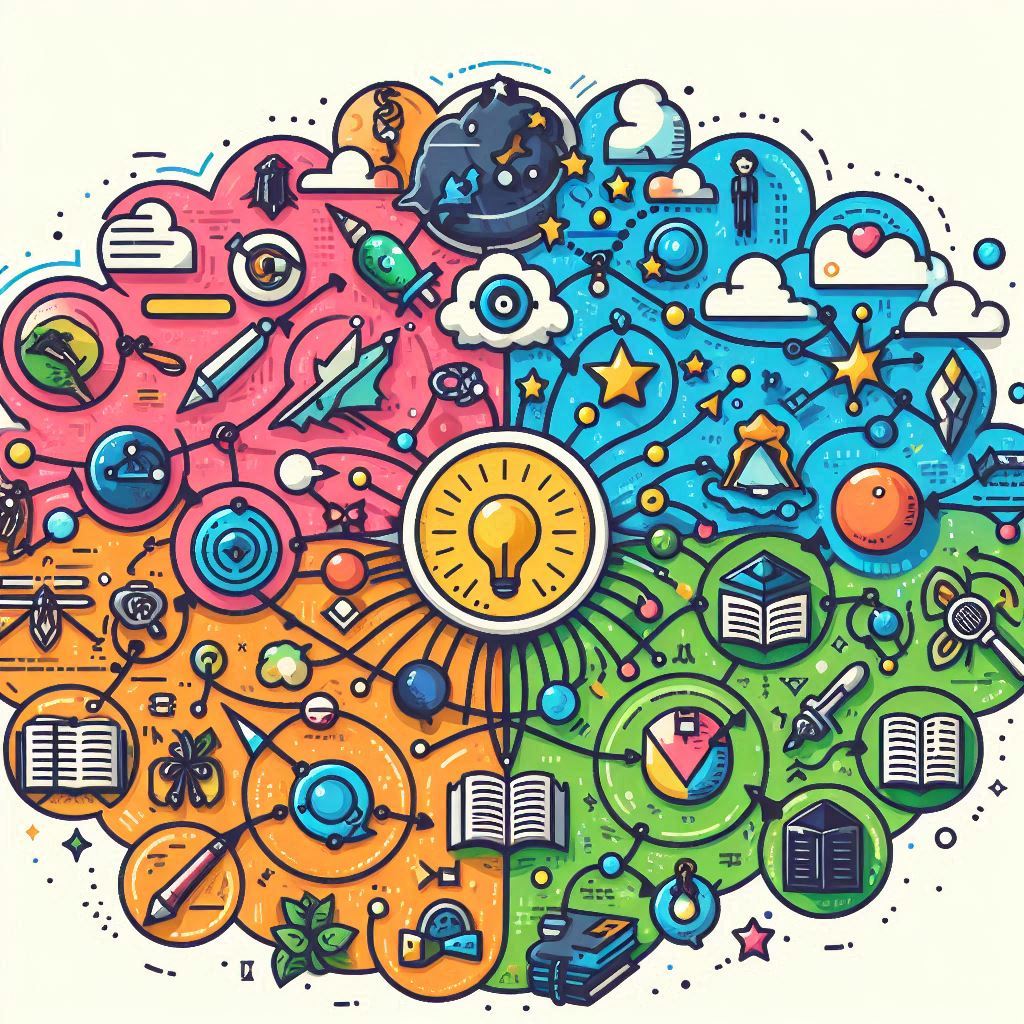-

AI and Employment: Analyzing the Impact on the Job Market and How It’s Reshaping Various Industries
Artificial Intelligence (AI) has emerged as a transformative force in the modern world, reshaping industries and redefining the nature of work. Its integration into the workforce brings both opportunities and challenges, fundamentally altering how businesses operate and how employees perform their tasks. This article delves into the impact of AI on the job market and…
-

Machine Learning Algorithms: Exploring Different Types and Their Real-World Applications
Machine learning (ML) has become a cornerstone of modern technology, driving innovation and enabling advancements across various industries. It provides the computational backbone for tasks ranging from personalized recommendations to autonomous vehicles. This article delves into the different types of machine learning algorithms, exploring their mechanisms, applications, and the real-world problems they solve. Types of…
-

AI in Healthcare: Revolutionizing Diagnostics and Personalized Medicine
Artificial Intelligence (AI) has emerged as a transformative force in healthcare, promising to revolutionize diagnostics, treatment plans, patient care, and beyond. As AI technologies continue to advance, they are being integrated into various facets of healthcare, leading to improved outcomes, increased efficiency, and a more personalized approach to medicine. This article explores how AI is…
-

Ethics in AI: Navigating the Ethical Maze in Developing and Deploying AI Technologies
Artificial Intelligence (AI) has increasingly become integral to various aspects of our lives—from enhancing the precision of medical diagnoses to transforming customer service. As AI technologies continue to evolve, the ethical implications of their development and deployment have come under scrutiny. This article delves into the ethical considerations and challenges that arise in the realm…
-

The Kano Model: A Comprehensive Guide to Product Management and Feature Prioritization
Overview: The Kano Model The Kano Model, developed by Professor Noriaki Kano in the 1980s, is a sophisticated framework used to prioritize product features based on their impact on customer satisfaction. The model is predicated on the belief that not all product features contribute equally to customer happiness. By categorizing features into distinct groups, the…
-

Jobs to be Done (JTBD): Understanding Customer Needs Through the Lens of Their Jobs
Overview: The JTBD Framework Jobs to be Done (JTBD) is a powerful framework for understanding customer needs based on the jobs they want to accomplish. Developed by Clayton Christensen and his colleagues, the JTBD theory posits that customers “hire” products or services to help them complete specific tasks, achieve goals, or solve problems. Unlike traditional…
-

Kanban: A Visual Management Method for Continuous Delivery
Overview: The Kanban Methodology Kanban is a visual management method used in project management and product development to ensure continuous delivery of work without overburdening the team. Originating from the Toyota Production System, Kanban emphasizes visualizing work, limiting work in progress (WIP), and managing the flow of tasks through the development process. The goal of…
-

Waterfall: A Linear and Sequential Approach to Project Management
Overview: The Waterfall Methodology Waterfall is a traditional project management methodology characterized by its linear and sequential approach. Each phase in the Waterfall model must be completed before the next one begins, making it a structured and orderly process. Developed in the manufacturing and construction industries, the Waterfall methodology was later adapted for software development.…
-

Choosing the Right Tools: Recommendations for Tools and Software that Complement Various Product Management Frameworks
In the realm of product management, selecting the appropriate tools and software is pivotal for ensuring efficient workflow, effective collaboration, and successful project outcomes. Different product management frameworks, such as Agile, Lean, Waterfall, and hybrid models, have unique requirements and practices. The right tools can significantly enhance the implementation of these frameworks, streamline processes, and…

